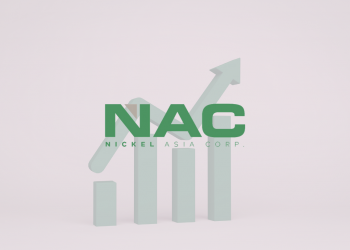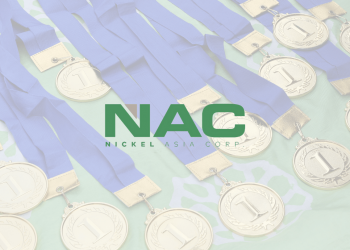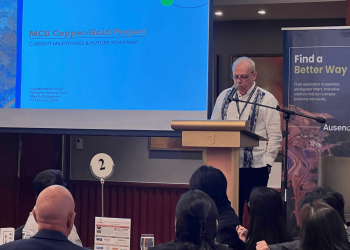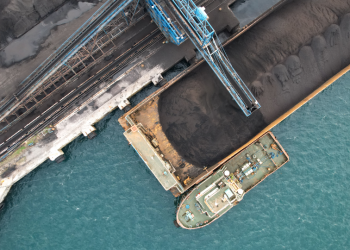A US company is currently engaging in talks with the Philippines about the possibility of making significant investments in nickel processing activities in the country, Trade and Industry Secretary Alfredo E. Pascual has stated.
During President Ferdinand R. Marcos Jr.’s official working visit to the US, Pascual revealed that an American company has shown interest in nickel processing. The first US firm that showed interest would collaborate with a local mining company in the production of electric vehicle batteries, with support from a grant provided by USAID.
The company’s identity, however, was not disclosed.
When asked whether the project entails significant investments, Pascual responded “All mineral processing investments are big,” as reported by Manila Bulletin.
He added that EU, Chinese, and Japanese companies are also interested in partnering for nickel processing projects in the country, not just US firms.
Pascual revealed that there are private mining companies interested in pursuing partnerships with local firms, wherein the government is only providing a supportive environment for these private ventures.
Pascual mentioned that one possible way to create a supportive environment is through the implementation of a Critical Metals Agreement (CMA), which the Department of Trade and Industry (DTI) has proposed. While the CMA was discussed during the President’s visit, the specifics of the agreement have not been finalized yet.
According to DTI Undersecretary and Board of Investments (BOI) Managing Head Ceferino S. Rodolfo, there are opportunities for increased economic engagements in the future, as outlined in the Joint Statement issued by the leaders of both nations.
Additionally, Pascual said that this could be achieved through the proposed CMA and a free trade agreement that concentrates on goods and commodities that will bring mutual benefits if tariffs are lowered.
The US currently already signed a CMA agreement with Japan.
The DTI is advocating for the nickel processing sector in the Philippines because the country provides a significant amount of raw nickel ore, which is essential in the production of electric vehicle batteries. This initiative aligns with the government’s goal of becoming a hub for electric vehicle manufacturing.
The DTI is exploring a potential policy shift regarding the export of raw nickel ore.
The BOI is examining the Indonesian model, which either bans raw ore exports or imposes taxes on such exports to encourage local processing. Pascual mentioned that this approach has led to a substantial increase in Indonesia’s nickel revenues by 10 to 20 times.
DTI is advocating for the inclusion of electric motorcycles in Executive Order 12, which provides zero import duty, as an incentive for companies to invest in electric vehicle production in the Philippines. EO 12 is under review after a year of its implementation.














